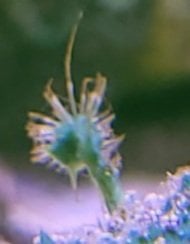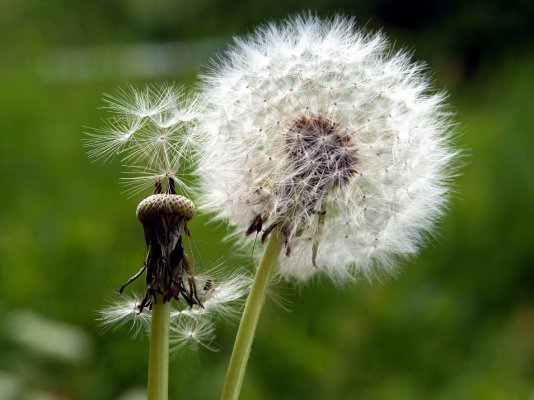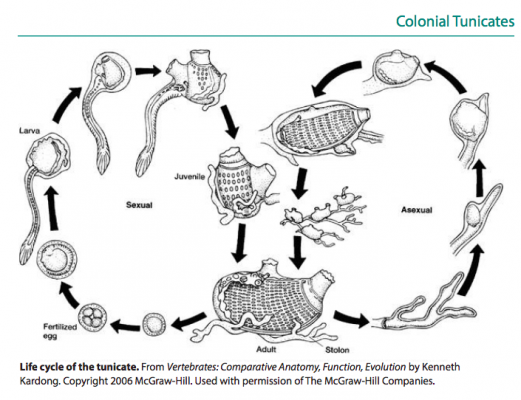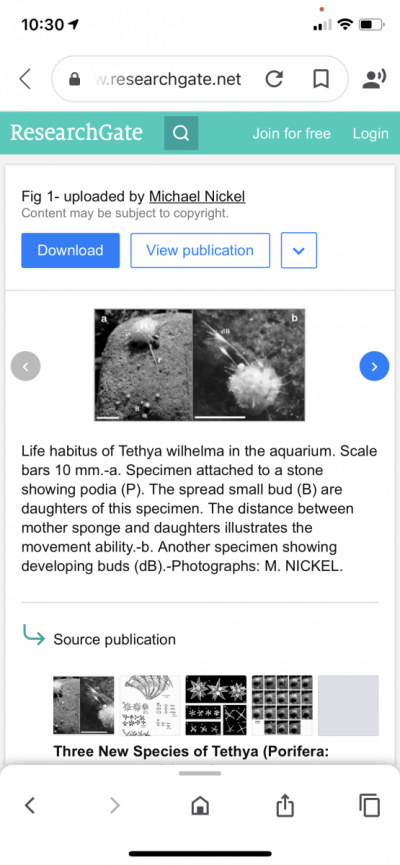So I was doing a bit of tidying up in the 90g DT (pushing RFA end caps down into the sand more). I noticed my weird sponge, collected in the Keys almost 3 years ago, is having babies again. In all the snorkeling we have done near Little Money Key; probably 25 times over 10 years since we got our Zodiac, I have only seen a sponge like this one twice.


This thing sends out 'spikes' about 1/2" long and the these round spheres develop at the end of the spike. Then the sphere develops a bunch of little spikes. Eventually the small spheres fall off. I assume they are new baby sponges? This is the second time I've seen this in the aquarium.
This thing sends out 'spikes' about 1/2" long and the these round spheres develop at the end of the spike. Then the sphere develops a bunch of little spikes. Eventually the small spheres fall off. I assume they are new baby sponges? This is the second time I've seen this in the aquarium.
Last edited:























